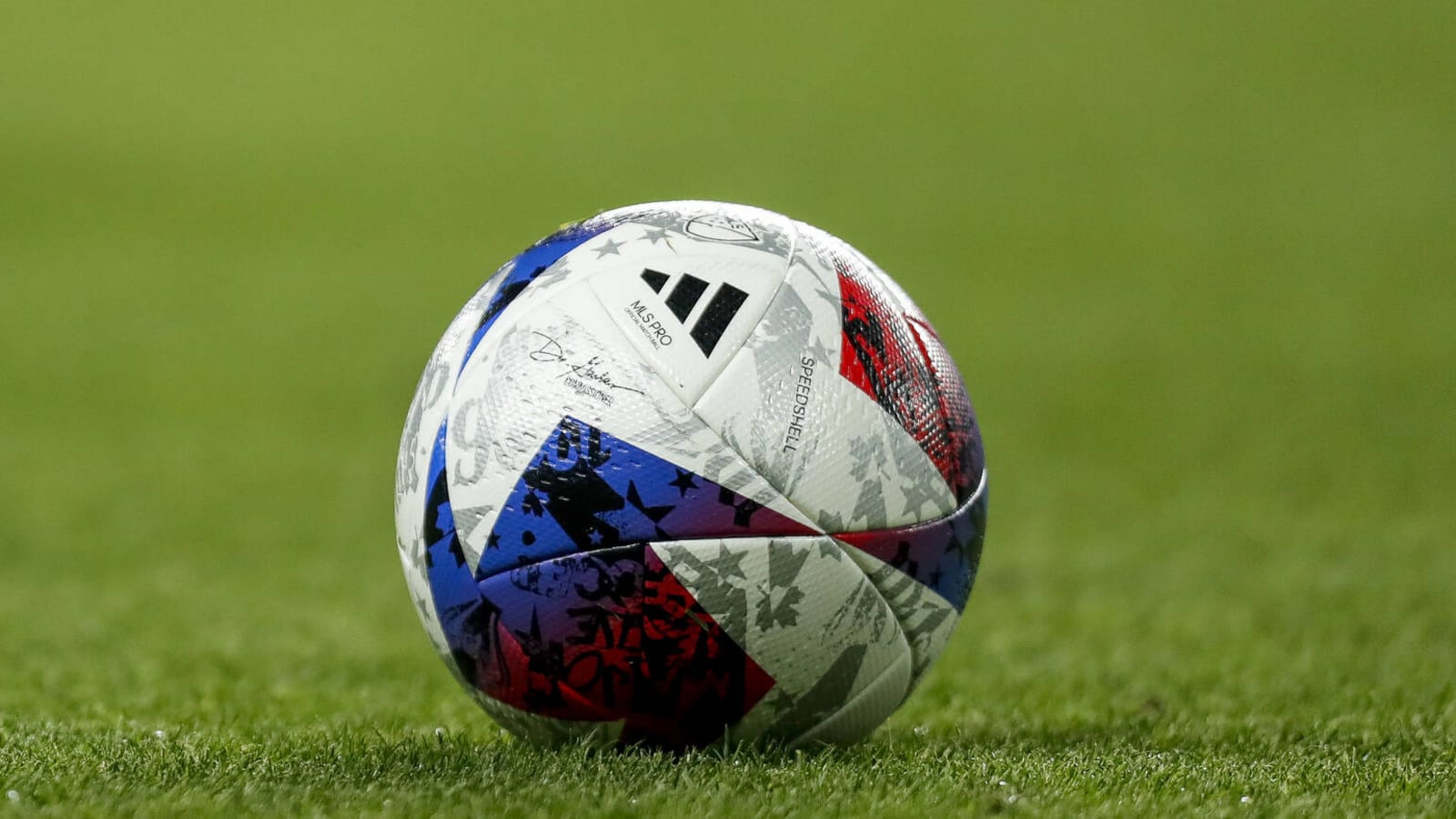
Will USL add promotion, relegation and challenge MLS dominance?
American soccer is cruising on a new high in 2023.
With the men's national team playing deep into the Gold Cup, the women's national team challenging for a third consecutive World Cup and Lionel Messi joining Major League Soccer, the sport has never been stronger or more marketable in the United States.
But those achievements are the tip of the American soccer iceberg. Beneath the national teams and MLS lies a vast network of professional, semi-pro and amateur leagues vying for attention and financing. Many — including the United Soccer League, soccer's closest equivalent to a Division II competition — are starting to ask big questions about where they fit in the American soccer pyramid.
The problem lies within MLS's market share and structure. It's the biggest and most stable soccer league in America by far, with 29 teams (30 when San Diego begins play in 2025) and well over two decades of history. When Americans think of league soccer, they think of MLS.
For lower leagues like the USL, that's an existential threat—because there's no way for a USL team to join MLS. The leagues rarely interact with one another outside of nationwide cup competitions.
"If you somehow think continuing on our current trajectory will make us competitive and where we all want to be, you're fooling yourself," an anonymous USL team owner told The Athletic. "The reality is MLS will destroy USL long term."
To secure its future and solve this problem, USL team owners are taking a drastic step. They'll vote in August whether to add promotion and relegation into the USL system, with the goal of directly challenging MLS instead of lurking in its shadow.
BREAKING: The USL is set for a milestone vote on the adoption of a promotion and relegation system, per sources.
— Tom Bogert (@tombogert) July 11, 2023
• Plan for three pro tiers
• Potential restructure in 2024, pro/rel in 2025
• Sources optimistic, but not certain to pass
w/ @jeffrueter https://t.co/kvkkFd8Z9F
Promotion and relegation are the standard in global soccer. It's a competitive system in which national leagues are united in a chain—think of the pipeline from various levels of minor league baseball to Major League Baseball. But promotion and relegation allow the best performers in lower leagues to replace the worst performers in higher leagues every season. Imagine the minor league St. Paul Saints, a first-place team in the International League, and the lowly Oakland A's swapping leagues after the 2023 season. That's promotion and relegation in action.
American sports of all varieties have forsaken promotion and relegation in favor of a more stable playoff and draft pick system. In this model, team's financial stakes are protected. There's always a chance for redemption after a poor season. MLS is no different. Low-performing MLS teams have the opportunity to select stronger draft picks the following season, and this keeps everything competitive. Just look at Cincinnati FC for proof—the team went from MLS' worst to best in two years.
The USL's decision to adopt promotion and relegation could legitimize it in the eyes of foreign viewers and add an intriguing new angle for domestic ones, too. The league knows that MLS cannot realistically adopt a similar model and hopes to take advantage of that opportunity.
"Make it so that more than one team has things to play for, where it actually matters how bad you are at the end of the season.”
— CBS Sports Golazo ⚽️ (@CBSSportsGolazo) July 12, 2023
Should the USL adopt a promotion and relegation system? pic.twitter.com/f5SkmXBQBR
"MLS have backed themselves into a corner," a USL owner told The Athletic. "Because how do you tell San Diego that they're going to pay $500 million [as a league entry fee] and maybe get relegated?"
It's a bold swing from the USL and one it needs to make if it wants to stay alive. But other members of U.S. Soccer are wary of the move. There's concern that it will hurt American soccer by confusing viewers and dividing attention amongst too many leagues.
And that concern has historical precedence. American soccer has collapsed in on itself multiple times over the past century due to maverick leagues breaking off from central competitions. It happened with the American Soccer League in 1933, the International Soccer League in 1966 and North American Soccer League in 1984. While the USL has a right to fight for its own survival, it'd be a shame to see that fight harm American soccer as a whole.
Despite the risk, many USL owners remain bullish on the change.
"Promotion/relegation is truly one of the best constructs in pro sports, full stop," one told The Athletic. "I believe that it would take the USL to a completely new level."
The USL's crucial vote is set to take place Aug. 9-10.
More must-reads:
- Lionel Messi leaving door open to play in 2026 World Cup?
- US fans will understand Lionel Messi’s standing in the game when the Gold Cup broadcast is interrupted by his unveiling
- The '2015 USWNT FIFA Women's World Cup team' quiz
Breaking News
Customize Your Newsletter
 +
+
Get the latest news and rumors, customized to your favorite sports and teams. Emailed daily. Always free!

